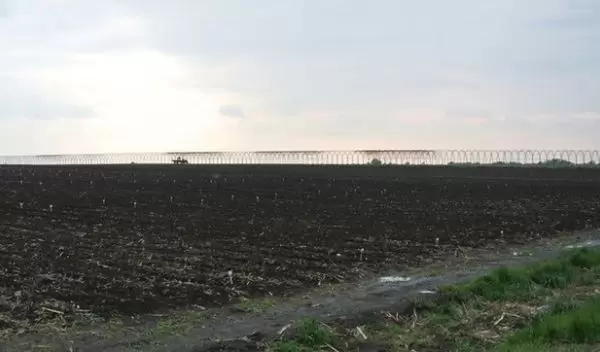
Farms, tables and revealing the vast impacts between and beyond
Bountiful harvests in one location can mean empty water reservoirs and environmental woes far from farmlands. A study published in Nature Communications examines how food, energy, water and greenhouse gases create a vast front in the battle to feed the planet.
Scientists at Michigan State University and their colleagues used new sustainability science tools to understand how irrigating farm fields to grow food reverberates through the biggest drivers of sustainability.
It's not just the farmlands that shoulder environmental impacts. Sometimes, it's places that have no major stake in the plant-water-food game that end up paying an environmental price.
"Ensuring food security, while safeguarding the environment, is one of the greatest challenges for the world today, yet as the world has become globalized, it is an incredibly complicated process, and misunderstanding it or missing impacts can allow major setbacks in achieving sustainability," said Jianguo "Jack" Liu, an ecologist at MSU. "We need to find new ways of looking at the world in a way that embraces its complexity."
The U.S. National Science Foundation-funded scientists used the framework of metacoupling, which helps look not only at irrigated farmlands, but also at massive projects to move water from one region to another. The framework allows scientists from different disciplines to look at the interactions between socioeconomics and environmental forces -- such as climate change, diet change, irrigation technologies, crop planting strategies and water diversion -- within and across borders.
"This study demonstrates the importance of understanding our increasingly connected world in a way that quantifies the often-missed and unrecognized connections involved in feeding the world," said Elizabeth Blood, a program director in NSF's Division of Environmental Biology.


